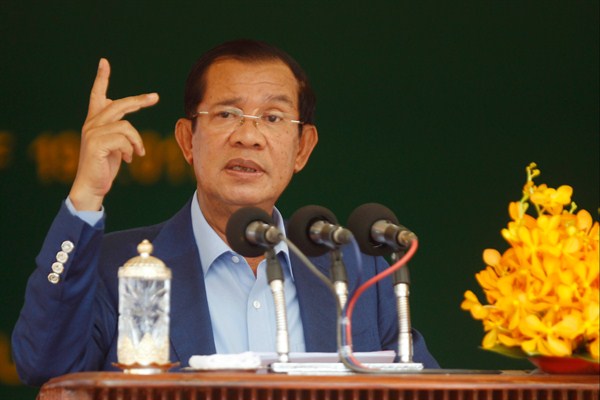PHNOM PENH, Cambodia—In December, nearly 40 men stepped off a U.S. Immigration and Customs Enforcement-chartered plane onto a humid tarmac on the outskirts of Phnom Penh, the capital of their unfamiliar homeland. It was the first time many of them, who were born in refugee camps in Thailand and the Philippines to parents fleeing the Khmer Rouge regime, and who grew up in the United States, had ever set foot in Cambodia. Others fled the country as children, with their only memories of Cambodia being the horrors of the Khmer Rouge.
The overwhelming majority of these Cambodian deportees came to the U.S. legally as refugees and lived in the country as permanent residents, holding green cards. They became deportable after being convicted of an aggravated felony, including attempted murder and drug trafficking, or two misdemeanors, including marijuana possession and petty theft—convictions that invalidate one’s U.S. green card. These deportations have continued largely unabated since 2002, with more than 700 people sent back to Cambodia in that time. But the Trump administration has increased these removals at an unprecedented rate, deporting around 130 last year, a record number.
On the surface, these deportations appear to simply be another plank in President Donald Trump’s restrictive immigration platform, which has included drastically reducing the number of refugee arrivals to the U.S. and ending Temporary Protected Status for nearly 200,000 Salvadorans and tens of thousands of Hondurans and Haitians in the U.S., among other harsh measures. But these Cambodian deportations also reflect the declining state of U.S.-Cambodia ties under Trump.

